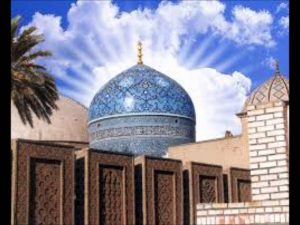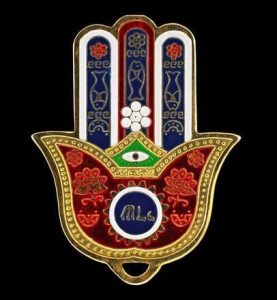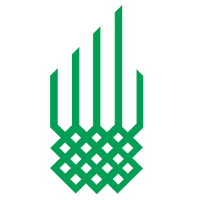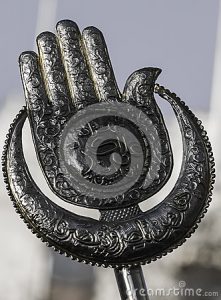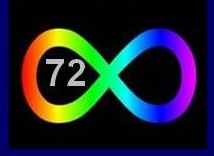The faith of Islam respects diversity and is indeed an inclusive faith. You will learn more about it in the segment Pluralism. However, as it happens with people in different faiths, races, ethnicities and cultures, a majority of the followers of each tradition get that message right, and a few don’t.
That is a human trait. They are an insignificant statistical sample – but they are most energized. We the people at large make two mistakes in the process, first we start believing that that 1/10th of 1% of the radicals are the representation of Islam while the 99% are not. By acknowledging them and pandering to them, we give them legitimacy to represent Muslims. The world at large is wrong on both counts.
Whether it is a social, religious, political or a cultural group, it tends to split itself when it reaches a certain number of members. Indeed, Prophet Muhammad had predicted that his community will split into 72 tribes (meaning infinity) and urged everyone to do well, some will go to extraordinary lengths to serve fellow beings, some will be mediocre and few will not get the message. Indeed, it is typical of a class room full of students achieving different results. The idea is to learn to respect the otherness of others and accept the God given uniqueness of each one of us.
A brief positive overview of many denominations and respectful differences are presented here, while the commonalities are there as well.
Sunni
- Mainstream Sunnis
- Ahle-Hadith
- Ahle Sunnah
- Wahhabis
- Many others
Shia
- Bohra
- Ismaili
- Twelvers
- Alawite
Sufi
Ahmadiyya
Schools of thought, diversity is respected.
- Hanafi (Sunni)
- Hambali (Sunni)
- Shafii (Sunni)
- Maliki (Sunni)
- Jafari (Shia)
- Zaidiyyah (Shia)
- Zahariyah





